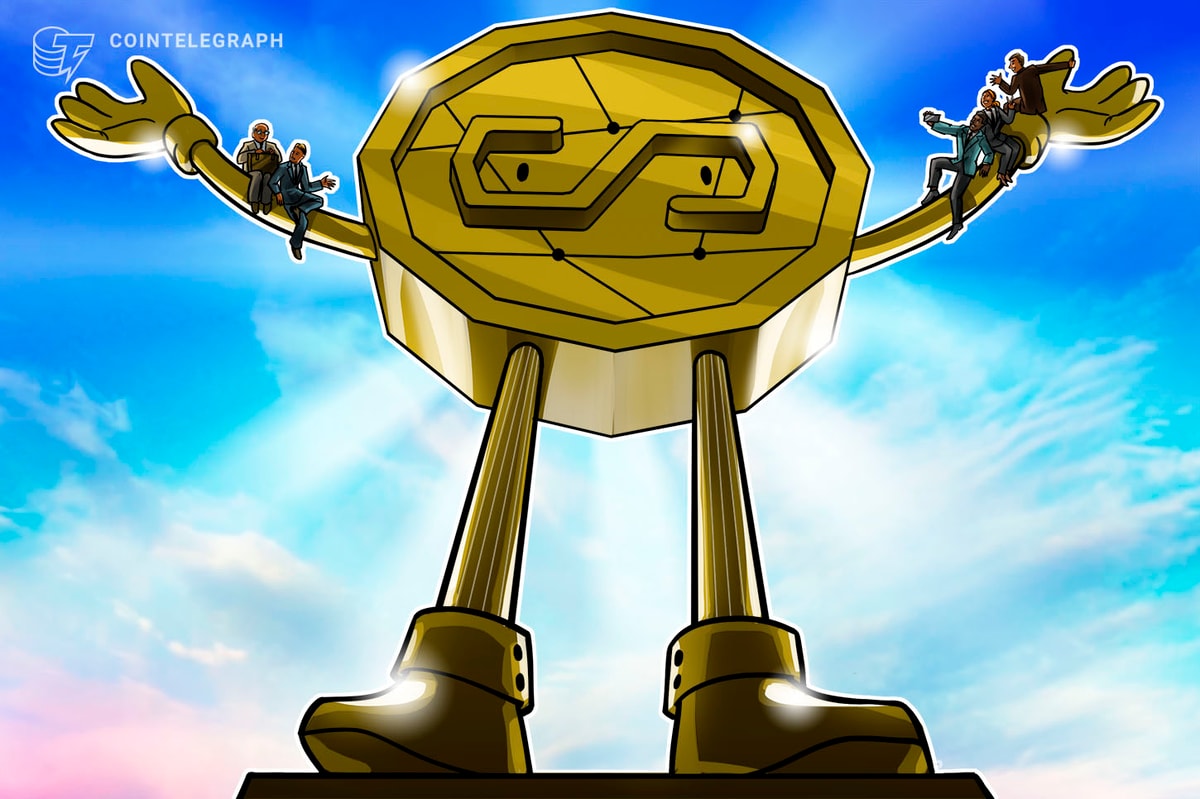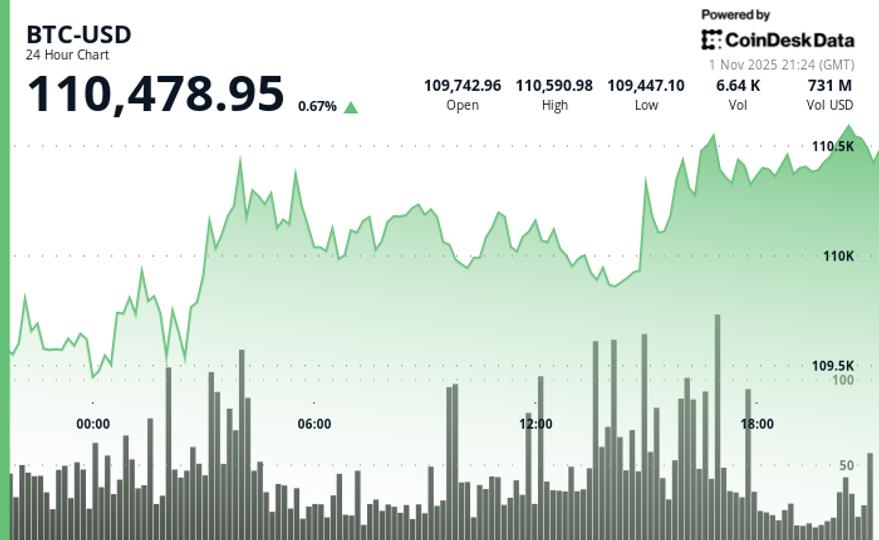Seventeen years after Satoshi Nakamoto introduced Bitcoin to the world, it has grown from a cryptographic experiment into a global movement, argues Tony Yazbeck, co-founder of The Bitcoin Way.
Nov 1, 2025, 6:00 p.m.
On October 31, 2008, an anonymous entity called Satoshi Nakamoto released a nine-page white paper titled "Bitcoin: A Peer-to-Peer Electronic Cash System". It introduced something the world had never seen before: a decentralized digital currency that operates entirely without intermediaries that truly worked as intended. About 17 years later, Bitcoin has grown from a cryptographic experiment into a global movement, offering individuals a way to reclaim control over money and escape the failures of centralized financial systems. Bitcoin is the ultimate tool for financial freedom, enabling anyone to reclaim sovereignty over their wealth and opt out of a system built to exploit them.
The genesis of Bitcoin: a response to financial instability
The timing of Bitcoin's creation was no accident. In 2008, the world was reeling from a global financial crisis marked by bank failures, bailouts, and economic instability. Nakamoto's white paper proposed a radical alternative: a peer-to-peer system that removes the need for third party custodians, giving individuals direct control over their money.
The first block of the Bitcoin blockchain, mined in January 2009, included a hidden message: "The Times 03/Jan/2009 Chancellor on brink of second bailout for banks." That message captured the core problem Bitcoin was designed to solve: a system where the people bear the cost of corruption, manipulation, and failed policies while centralized powers maintain control over money.
Bitcoin's evolution: from concept to global phenomenon
Over the past 17 years, Bitcoin has transformed from a niche experiment into a global network of financial sovereignty. Early adopters were mostly cryptographers and libertarians, but as awareness grew, adoption expanded. Corporations began integrating Bitcoin into their operations, institutional investment legitimized its status and Layer 2 solutions like the Lightning Network have enhanced usability and scalability.
Bitcoin’s evolution is not just technical, it is societal. It demonstrates that people can choose to opt out of centralized financial systems entirely, reclaiming control of their wealth in a way that was previously impossible.
The separation of money and state: a path to true freedom
Bitcoin represents a fundamental shift in power. By removing control of currency issuance from governments and central banks, it restores financial sovereignty to individuals. This is not theoretical; it is real, and it is growing.
As more people adopt Bitcoin and self-custody their wealth, the power of governments and legacy financial institutions to manipulate money diminishes. A world with incorruptible money changes the game completely. War, corruption and economic oppression become harder to fund, making them increasingly unsustainable. The very incentives that have long supported centralized abuse weaken as Bitcoin adoption spreads.
The true nature of Bitcoin: freedom beyond FUD
Bitcoin does not need permission. It was built to operate independently of governments and institutions. Attempts to co-opt it through ETFs, custody services or other TradFi schemes are not integration. They are traps designed to separate people from the world’s scarcest asset. Anyone who engages with these intermediaries risks exchanging real freedom for a worthless derivative controlled by third parties.
Environmental criticisms are largely FUD. Bitcoin incentivizes energy efficiency and increasingly relies on renewable sources. Energy use is not a flaw, it is the feature that secures and maintains scarcity.
Scalability criticisms are similarly overblown. Layer 2 solutions improve speed and utility, but the base layer already functions as a global settlement network that cannot be shut down, manipulated, or inflated at will.
The real challenge is awareness. As more people recognize the difference between self-custodied Bitcoin and TradFi wrappers designed to extract their wealth, they will choose freedom, holding an asset that cannot be printed, censored, or controlled. This is the system that makes corruption and oppression unsustainable.
Bitcoin is not just money, it is the ultimate tool for liberation. Its incentive structure is unmatched, its security unbreakable, and its promise eternal. Those who opt for self-custody are stepping into a world that has never existed before, a world where power is decentralized, corruption is economically unviable, and free markets thrive.
Bitcoin is the only way forward
The 17th anniversary of the Bitcoin white paper is more than a milestone, it is a reminder that money can be incorruptible, that individuals can be sovereign, and that freedom is achievable. Those who reject TradFi traps and self-custody Bitcoin are stepping into a world where corruption struggles to survive, where wars and financial oppression become economically unsustainable, and where the free market ensures only value prevails.
As more people see the light and opt for freedom money, the possibilities of a world we cannot yet imagine open up. The future is not only bright, it is unstoppable.
Note: The views expressed in this column are those of the author and do not necessarily reflect those of CoinDesk, Inc. or its owners and affiliates.
More For You
OwlTing: Stablecoin Infrastructure for the Future

Stablecoin payment volumes have grown to $19.4B year-to-date in 2025. OwlTing aims to capture this market by developing payment infrastructure that processes transactions in seconds for fractions of a cent.
More For You
MiCA Won’t Save Us from a Stablecoin Crisis. It Might be Building One

MiCA deserves credit for imposing order on chaos, but its structure rests on a dangerous assumption: that proof-of-reserves equals proof-of-stability, argues Dr. Daniel D’Alvia. It does not.
.png)
 5 hours ago
2
5 hours ago
2




